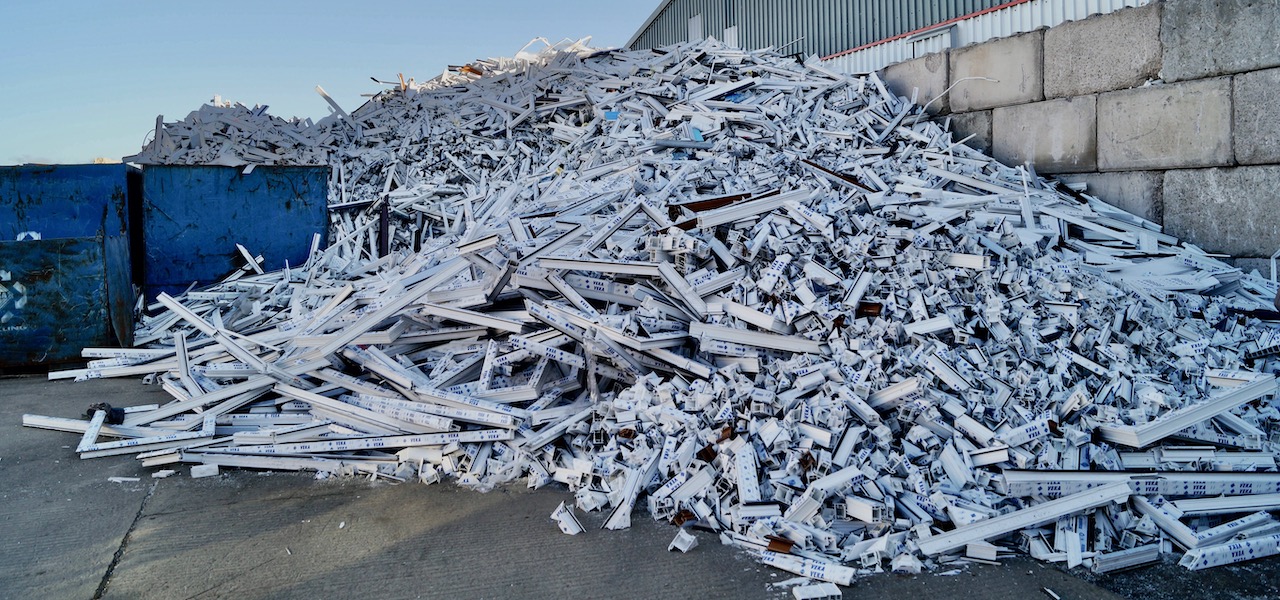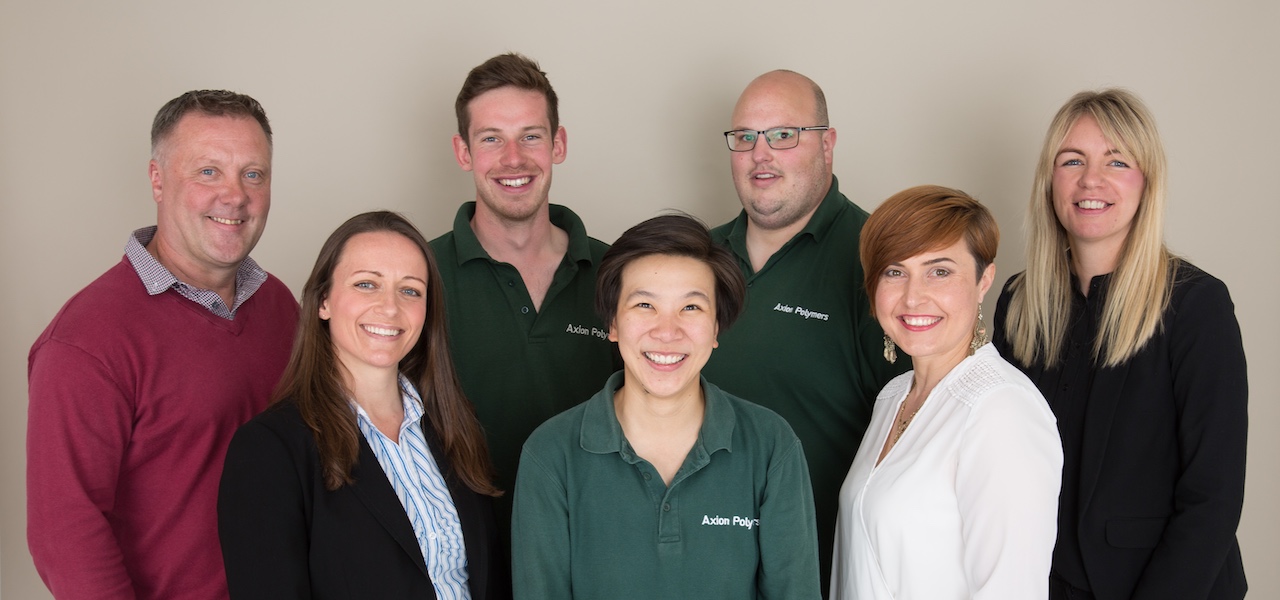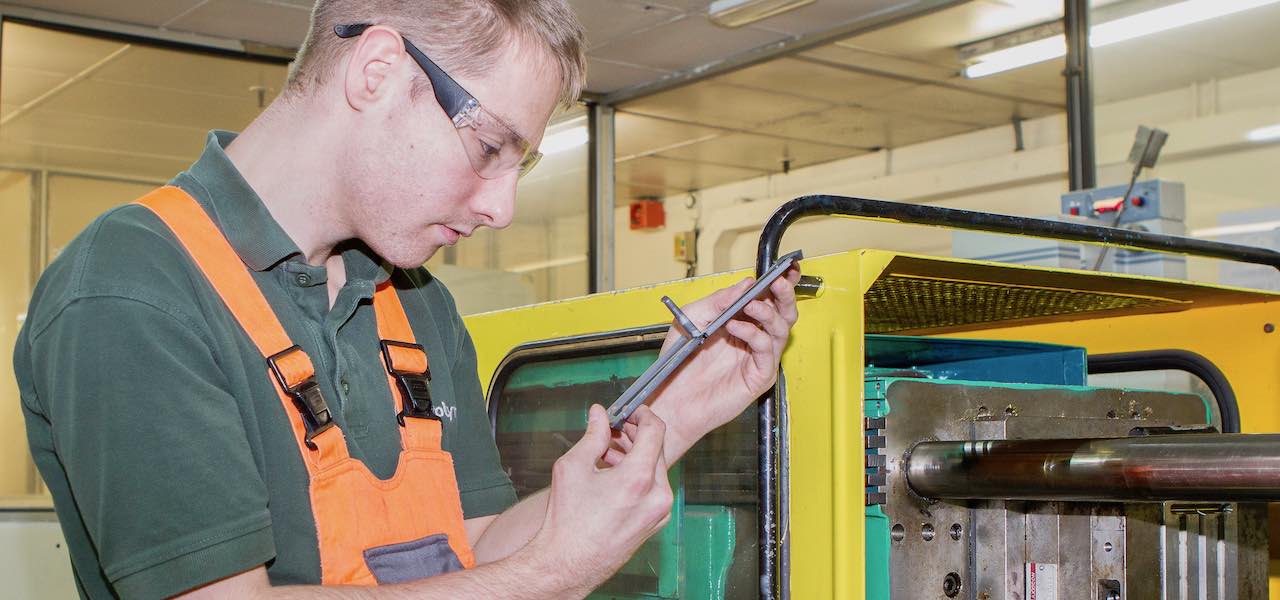Collaboration between injection moulders and manufacturers, and plastic recyclers is key to creating new end markets for recycled polymers, meet rising demand for recycled content and improve the overall economics of recycling.
With more manufacturers, especially those in the automotive and electrical sectors, looking to increase recycled content in new goods, this presents opportunities for injection moulders to consider alternatives to virgin material.
At Axion’s two processing sites, plastics recovered from end-of-life vehicles (auto shredder waste) and waste electrical goods are refined into high-quality engineering polymers that match virgin material quality. Our bespoke recycled Axpoly® and Axplas® polymers can be tailored to suit clients’ specifications for use in a wide range of new products.
The economic feasibility of recycling depends upon stable end markets, that justify the cost of processing. Moulders who work with recyclers on understanding physical polymer properties, and crucially, engage in practical trials to understand the suitability of a recycled polymer in new applications can gain a competitive advantage in emerging circular economy markets.
Ambitious aims on the recycling of packaging, and a growing desire to recycle more non-packaging products including plastics from End of Life Vehicles and Waste Electronics and Electrical equipment are driving manufacturers to seek new solutions and incorporate more recycled content.
Fear over a proposed tax on packaging without recycled content being possibly extended to other markets is also cited as a driver for the desire to include recycled materials in new goods.
Some closed loop recycling exists, primarily in PET and HDPE packaging. Although closed loop recycling is not vital, if it can be achieved it allows for the same grade of polymer to be reused in the same application. This removes some of the technical barriers of using recycled content.
However, in many cases, closed loop cannot be achieved because products may be collected in a mixed stream, where separation of different polymer grades is not technically or economically possible. In this case, manufacturers need to consider using alternative polymer types or blends if they want to increase recycled content.
This brings a potential technical barrier.
In many cases, a moulded product is designed to use a specific grade of polymer with very specific properties. The company that produces the moulded product may not be involved in specifying the material, and so will be reluctant to use any polymer that does not conform to the exact original specification.
The potential technical barrier then becomes a “resistance” to use recycled content due to past perceptions about its ability to meet virgin material specifications and perceptions about the quality of recycled materials. In many cases however, products do not need such rigid specifications, and in reality, a wide range of different grades of a polymer or even different blends of polymers may work well in certain applications.
Blending PE and PP from plastic film to use in injection moulding of “PP” products is a prime example of what can work successfully. Products such as crates, bins and buckets can even benefit from a PE/PP blend as the properties can complement each other.
Axion Polymers Business Development Manager Mark Keenan points out that although physical properties of recycled polymers are important to measure, conducting trials using the material provides a more detailed picture.
He says: “Moulders should work with recyclers to ensure that the recycled polymer is as suitable as possible for an application. At Axion Polymers, we work with our customers to get recycled content into their products or help them use a different polymer formulation altogether.”
“We assist moulders at every step, right through to setting up their machinery to enable them to use alternative recycled polymers. Practical trials are the only way to truly understand the suitability of a recycled polymer.”
Mark concludes: “With the desire to recycle more and more materials, end markets need to be continuously developed. Full supply chain collaboration can ensure there are stable end markets and provide the “pull” effect to boost the overall economics of recycling.”










